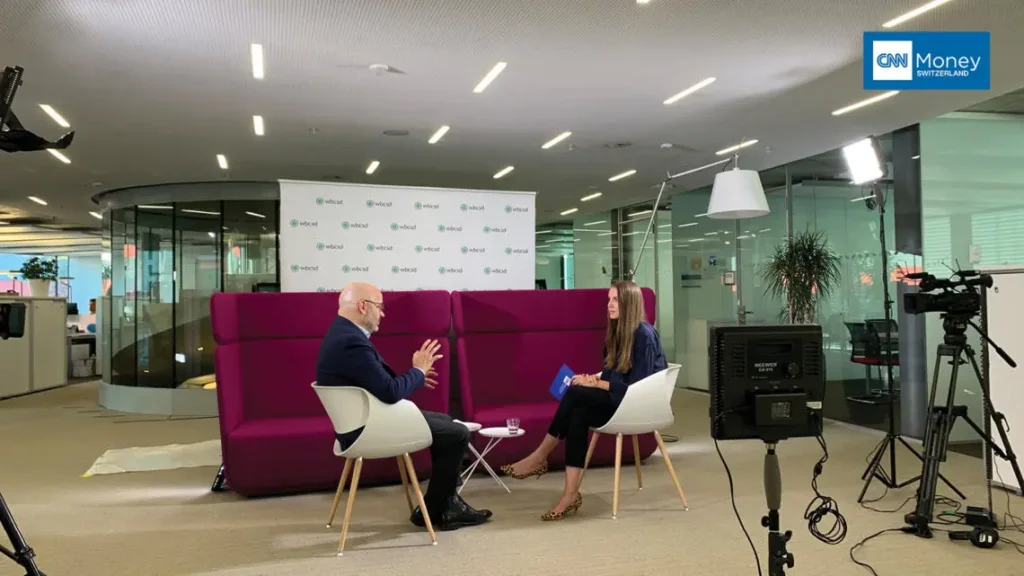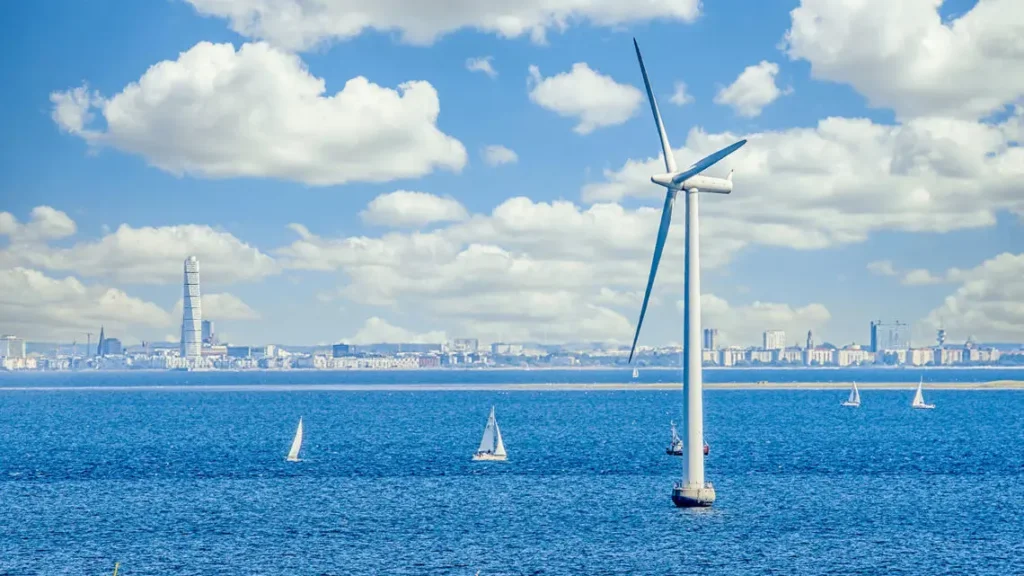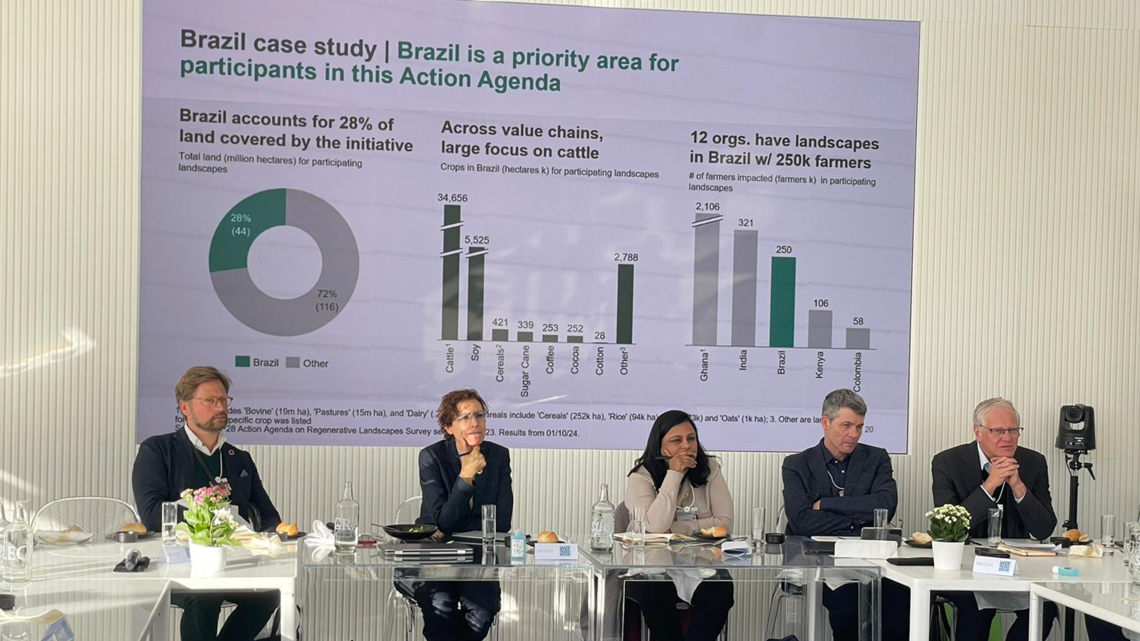Authors
Peter Bakker
Last year ended with the intensity of COP28 in Dubai, only to find the new year kicking into gear with the World Economic Forum’s Annual Meeting in Davos.
In December 2023, I shared my thoughts about COP, instilling a glass half-full, half-empty type of feeling, but with the advantage of a little distance in time, I have to say my overarching evaluation of the COP28 outcomes is a positive one. The clarity of the need to decarbonize is shining brighter than ever. The mobilization of all stakeholders in our economy, with almost 100,000 people attending the blue zone, is a crucial step towards taking large-scale action on climate change. As the world is turning to businesses for sustainability solutions, the participation of business representatives and the recognition of the urgent need for action is exactly what the climate action agenda requires.
Fast forward to the Davos meetings held in the week of 15 January. Bringing together some 5,000 leaders from around the world – including many of our Members and program partners/stakeholders. It was encouraging to see meaningful bilateral discussions take place with many of you on the Davos sidelines, highlighting the importance of face-to-face dialogue to drive action.
It was fascinating to observe the main areas of discussion that were being talked about, including:
- geopolitical tensions in the world and the fragmentation of a globalized economy,
- ongoing uncertainties in the global economy growth expectations (hard vs soft landing, interest trajectories),
- elections in more that 50% of the economies in the world in 2024,
- growing number of wars and conflicts with no multilateral governance mechanism capable of controlling them,
- the need for Governments and businesses to take greater accountability, echoing our WBCSD strategy 2024,
- and perhaps most prominently, the rapid rise of AI (Artificial Intelligence) that will drive up productivity and accelerate solutions if used responsibly.
I was also glad to see that discussions around climate change and sustainability were central to many side events organized by forward-thinking companies and organizations.
I left Davos with a peculiar feeling that the discussions needed were somehow missing or not taking place as they should. That it is not about discussing and predicting the various individual challenges of the list above, but it should be about taking a system-level view on how humanity must unite in its response to the ever more complex trends around us.
For WBCSD this means we need to double down on our efforts to work with, engage and mobilize more businesses toward the transformative actions that will drive us collectively to a net-zero, nature-positive and more equitable society. To this end, we must step up radical, results-focussed collaboration across stakeholders, moving beyond incremental change to existing business models and ways of operating.
Next month, I will lay out where I see the major focus areas for businesses in 2024 and 2025. You can bet it will have a lot of action and impact baked into it.
Related
Content

“Business needs to do what it does best: to innovate and set up action plans to get to a 1.5 degree world”
2 October, 2019

“Bold Actions for Food as a Force for Good” – a new milestone toward the UN Food Systems Summit 2021
19 November, 2020

The company 3M commits to achieving carbon neutrality, reducing water use, and improving water quality
17 February, 2021

